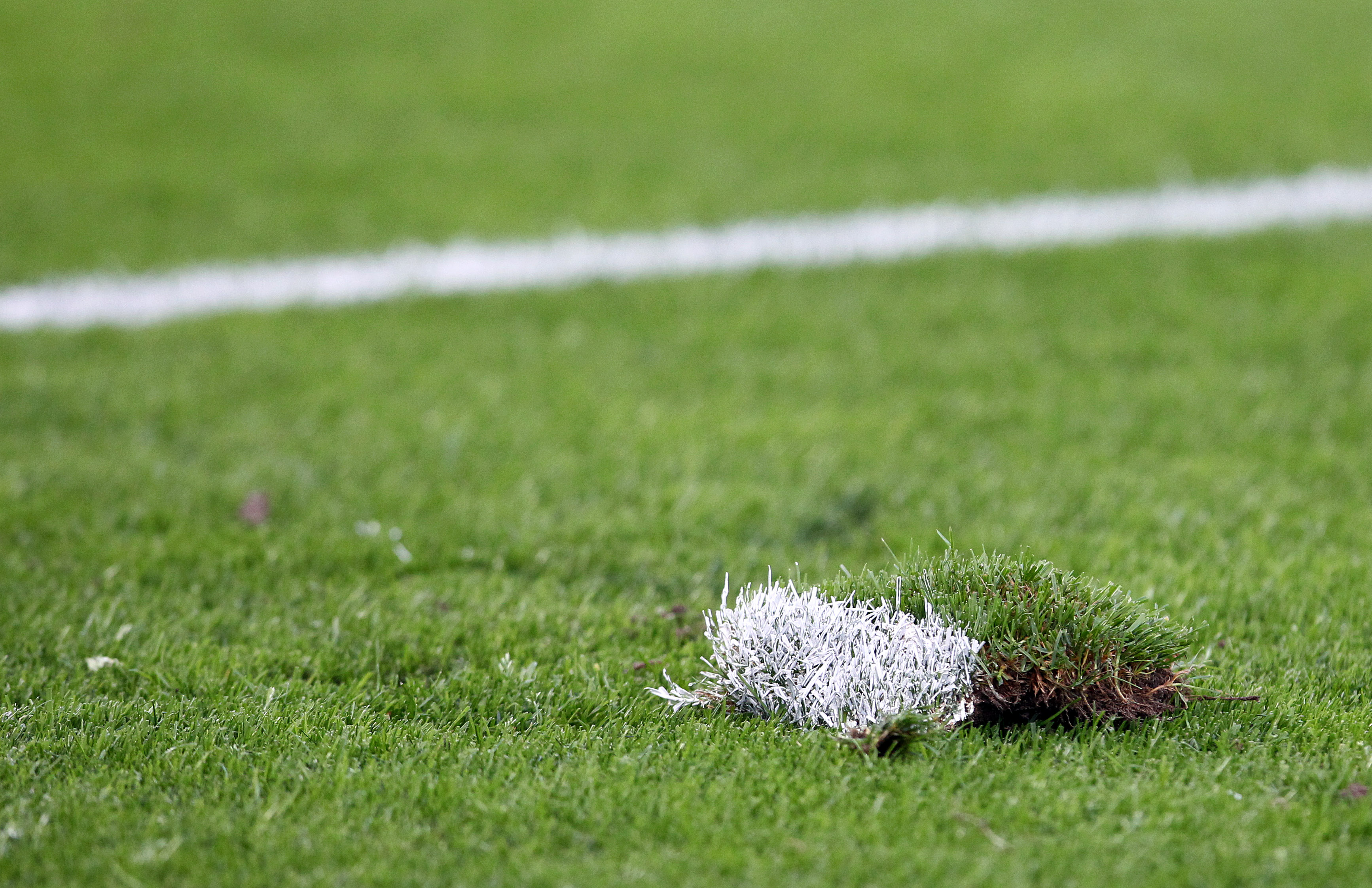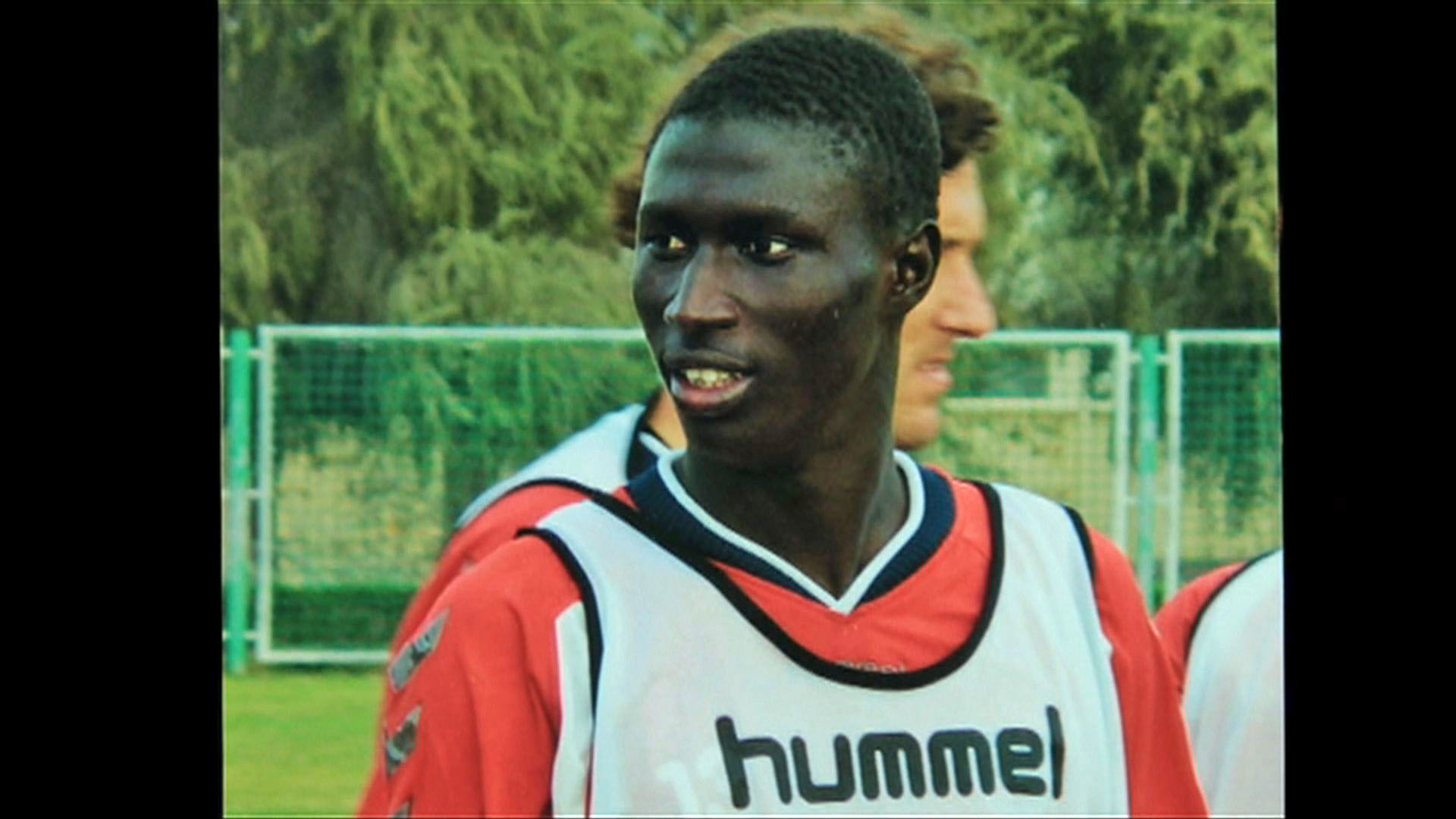FIFA reforms face resistance – and huge support

The Swiss anti-corruption expert charged with advising world football’s governing body FIFA on how to reform tells swissinfo.ch about the challenges of introducing good governance at the much-maligned sporting body.
After a series of scandals, FIFA President Sepp Blatter brought in Basel-based law professor Mark Pieth as chairman of FIFA’s Independent Governance Committee (IGC).
The 13-member IGC, composed of senior anti-corruption and legal experts working alongside football stakeholders, is approximately one year into its mandate.
Pieth’s panel submitted a first round of proposals in March to FIFA’s ruling committee. Those led to FIFA’s 209 member nations approving several changes, including a revamped two-chamber ethics court to prosecute and judge past and future corruption cases.
The IGC has prepared a second round of proposals to define new governance structures, which FIFA members will vote on next May in Mauritius.
swissinfo.ch: In this second phase what new proposals are seeing most resistance?
Mark Pieth: There is some reticence on things like age limits and concrete details on limits to terms of office. But we are currently involved in political haggling over two issues we feel strongly about.
The real challenge is that some of the executive committee people are not elected by congress but by the confederations and then sent to serve on that committee. The challenge is whether we will be able to force the institution to do due diligence on these people – this is something they do in every major multinational firm.
We also believe there needs to be a stronger element of independence in the executive committee, like on a company board you have independent directors; this is a huge step for them.
That’s where we are really struggling at the moment. They are basically making the argument that if you were a government would you want external people to sit in. They see themselves more as a government than as a multinational corporation.
swissinfo.ch: You have said there is resistance among a group of elderly people in the executive committee who don’t particularly like these reforms.
M.P.: This was my impression. Mr Blatter said I’d got it totally wrong. Obviously I hope he’s right. I had a different impression but maybe I’m wrong.
swissinfo.ch: Is there much support for your reforms within the football world?
M.P.: There is resistance but also lots of support. When I was at the FIFA Congress in Budapest in May lots of people came up to me to shake my hand and say ‘fantastic work, you should do this’.
Half of the IGC are members of the football world – players, representatives from clubs, leagues and heads of associations, football journalists and a sponsor’s representative.
Inside FIFA there are so-called taskforces, of which the statutes taskforce led by executive member Theo Zwanziger is probably our most essential at this time. They are absolutely supportive.
swissinfo.ch: You suggest Sepp Blatter is an important figure for the reform process. Why is he suddenly so keen on reform?
M.P.: People have asked many times, ‘Wouldn’t it be preferable to have a totally new outfit and start afresh?’ If we were able to stop playing football for two years to rebuild the world of football that might be attractive. But we are rebuilding the institution while it is in operation. It’s like renovating a house while it is being used.
So far no one else has been interested in major ethics reform and I fear that if there were a change in leadership now there would not be the same appetite for reform and we would have to wait another ten years for change.
swissinfo.ch: As an experienced anti-corruption expert you have dealt with cases of money laundering, organised crime and seized assets. How does your work at FIFA compare?
M.P.: In the past I’ve always dealt with organisations which have been under some kind of state control or supervision. The difficulty here is that we are in absolute self-regulation, as so far the Swiss regulator – the Federal Sports Office really doesn’t deserve the name regulator – hasn’t done anything to regulate .
It’s only with this new report [on corruption and match-fixing] coming out that it’s starting to take its share of the responsibility.
swissinfo.ch: Could you tell us more about what you think of the new Swiss report on sport federations?
M.P.: I think they’re going in the right direction and the report is well written, but I have my reservations concerning their open attitude to self-regulation.
I would’ve liked them to be more demanding on that point. They could quite easily say, ‘If you don’t meet the following minimum standards, then you are not getting a tax-free status’.
swissinfo.ch: The media tend to focus on FIFA and the IOC, but what about the other 60-odd sports federations in Switzerland, are there corruption concerns there too?
M.P.: There are substantial concerns. This is another reason why the Swiss government should assume its responsibility. We are now in a fortunate situation with FIFA that the organization is moving. The IOC took steps a while back and we hope they continue. Uefa did quite a lot in the past.
But as for the rest, nothing much is happening; so you definitely need pressure – I’m really thinking here about volleyball and handball. They will only move if the government demands change.
Taken together, all these sports organisations represent a substantial risk for Switzerland’s reputation.
In 2008 a judicial case in Zug implicated unnamed Fifa officials in a multi-million dollar kickback scandal involving bankrupt sport marketing firm ISMM-ISL. The identities of the officials were withheld following a financial settlement of the case.
In 2010, the heads of the Nigerian and Oceanic football confederations were suspended along with other Fifa officials following claims of bribery during the vote to award the 2018 and 2022 World Cup tournaments to Russia and Qatar.
Sepp Blatter, a Swiss, was re-elected for a fourth term as Fifa president in June 2011. His rival Mohamed bin Hammam was later banned for life after being found guilty of bribery. Jack Warner, a Fifa vice-president who also faced allegations of corruption, resigned.
In October 2011, Fifa announced the formation of four task forces to look at the revision of statutes, ethics, transparency and compliance and the running of the next World Cup in 2014.
In December 2011, Mark Pieth, chairman of Fifa’s Independent Governance Committee, recommended measures to clean up Fifa. Although Pieth’s report only covered the future management of Fifa, Blatter promised in March of this year to empower the organisation’s ethics committee to look into all “credible” allegations of past corruption.
On July 12, 2012, the Swiss federal court ordered the release of documents containing the names of former Fifa officials who had taken bribes. Former Fifa president Joao Havelange and the former head of Brazilian football Ricardo Teixeira were named in the document.
Fifa’s ethics committee – set up in 2006 to look into media allegations of corruption surrounding the sport – was earlier this year split into two chambers, one investigatory, and one judiciary. Michael Garcia and Joachim Eckert were appointed on July 17 to chair each chamber.
Garcia is reportedly looking into the bidding processes for the 2018 and 2022 World Cup won by Russia and Qatar, respectively, as well as the relationship between FIFA and ISMM-ISL.

In compliance with the JTI standards
More: SWI swissinfo.ch certified by the Journalism Trust Initiative














You can find an overview of ongoing debates with our journalists here . Please join us!
If you want to start a conversation about a topic raised in this article or want to report factual errors, email us at english@swissinfo.ch.